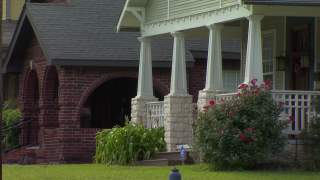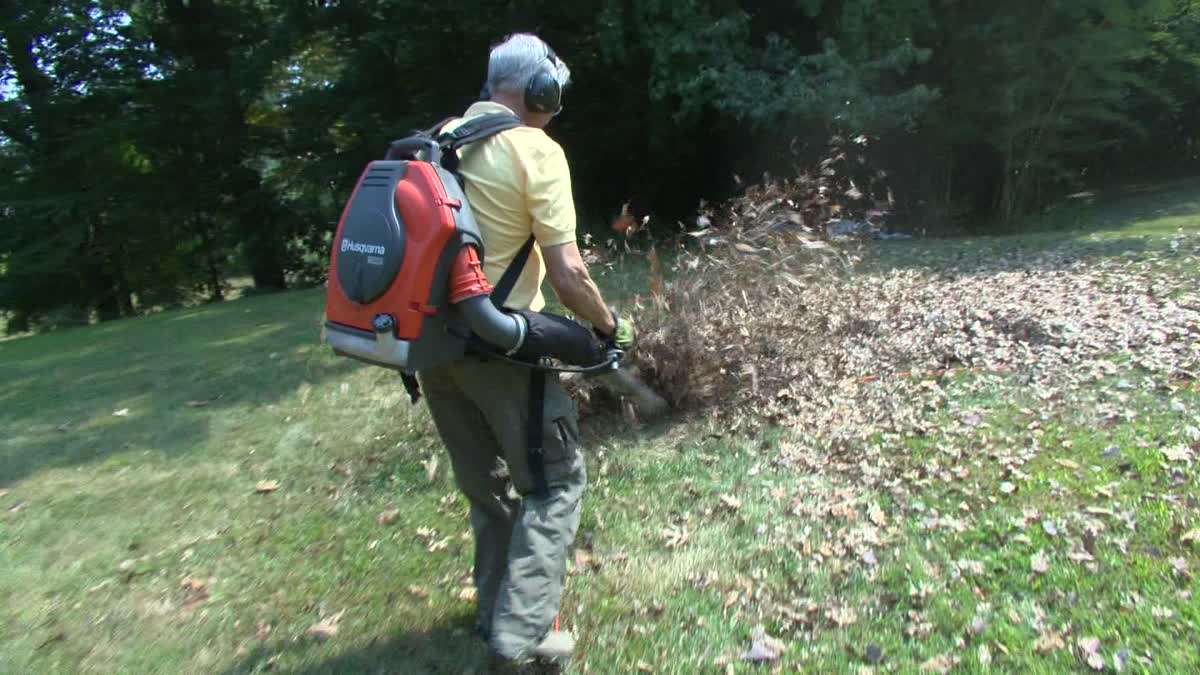
Illinois Gov. J.B. Pritzker’s office announced the launch of an assistance program for homeowners in the state, earmarking more than $300 million for those who have fallen behind on housing expenses during the pandemic.
According to a press release, eligible homeowners could receive up to $30,000 in free assistance to help pay for a variety of home costs, including late monthly mortgage payments, property taxes, property insurance, and delinquent homeowner association fees.
“Housing stability is a crucial part of our economic recovery, and I’m pleased to announce that Illinois residents can now apply for $30,000 in mortgage support,” Pritzker said. “A good life, a good job, the ability to focus in a classroom – it all starts with a roof over your head, and that’s what every Illinoisan deserves.”
The Illinois Homeowner Assistance Fund (ILHAF) is a $309 million project designed to help homeowners who are facing mortgage delinquency, default or foreclosure.
Feeling out of the loop? We'll catch you up on the Chicago news you need to know. Sign up for the weekly Chicago Catch-Up newsletter here.
In order to be eligible, homeowners must have experienced a financial hardship caused by COVID, such as loss of income or increased expenses, after Jan. 2020.
Homeowners must own and occupy their home as their primary residence, be at least 30 days behind on their mortgage payments, and have a household income at or below 150% of the Area Median Income.
Applications will be open through May 31, according to the governor’s office.
Local
Homeowners who are applying for the program will need proof of identification, proof of household income, proof of occupancy, proof of ownership, and a delinquency statement. That statement can be provided by a housing counselor that is certified by the Department of Housing and Urban Development, according to the release.
Homeowners must have consulted with a HUD-certified counselor this year. More information on the program can be found at IllinoisHousingHelp.org.
The program is funded in part through funds provided by the American Rescue Plan Act of 2021, according to the press release.



